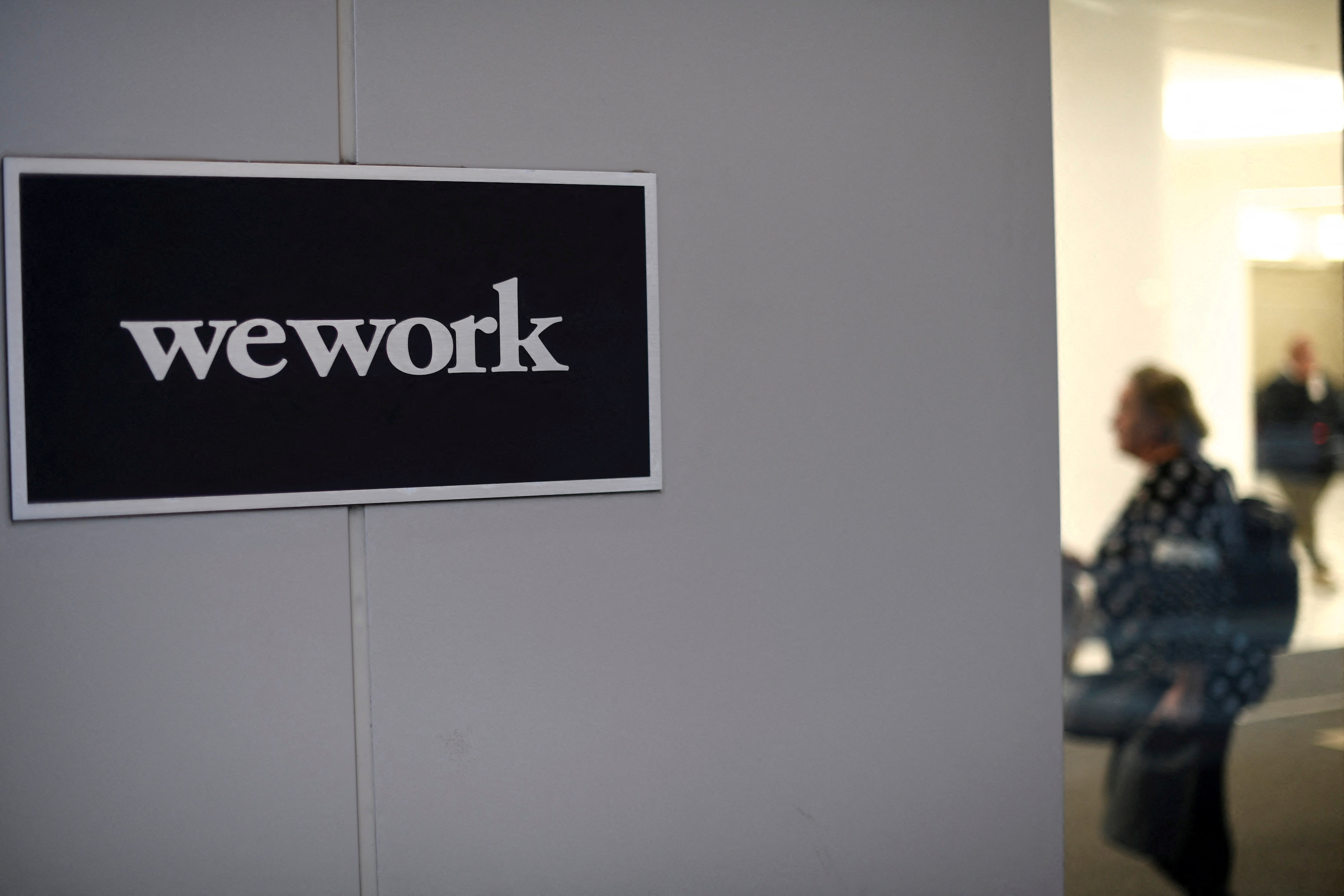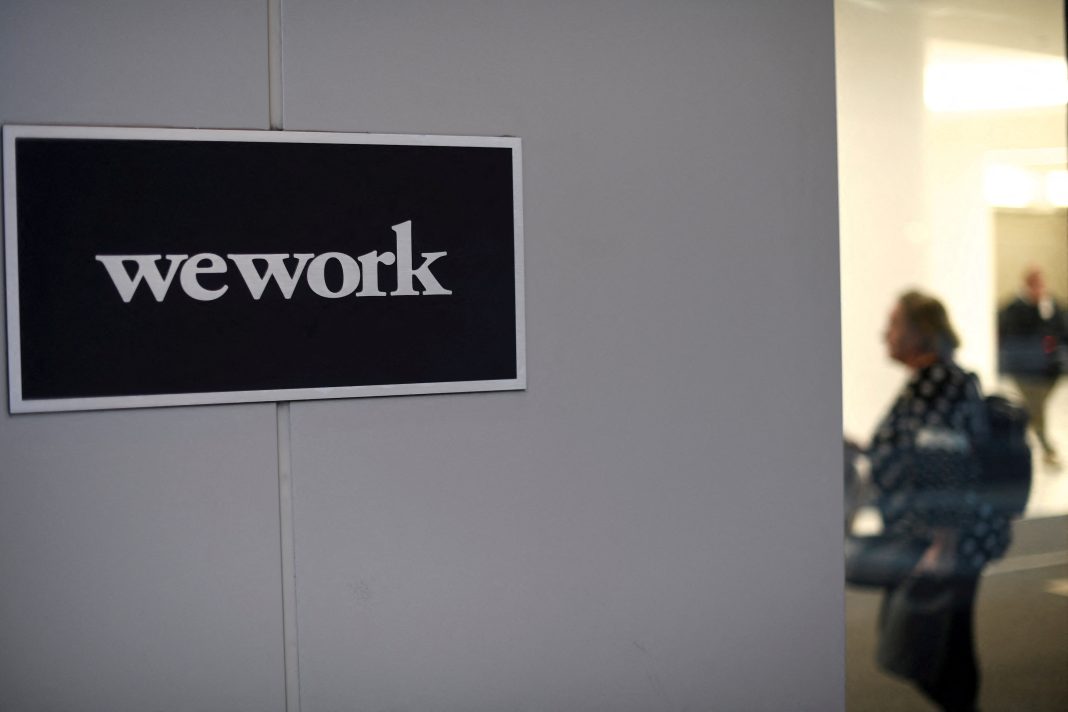 World’s Largest Carbon Capture Pipeline Approved by Iowa Utility Board
World’s Largest Carbon Capture Pipeline Approved by Iowa Utility Board
In a significant development for climate change mitigation efforts, the Iowa Utility Board (IUB) has given the green light to Summit Carbon Solutions’ proposal to construct the world’s largest carbon capture pipeline. This ambitious project will span five states – Iowa, Minnesota, North Dakota, South Dakota, and Nebraska – covering a staggering 2,500 miles of land. It will connect with 57 ethanol plants and have a profound impact on thousands of private landowners.
However, not all landowners are in favor of this project. Many have voiced their objections, both through public hearings and official protest letters submitted to the IUB. Their main concern is granting Summit Carbon Solutions the right-of-way on their land. The IUB’s decision allows the company to exercise eminent domain and acquire 859 land parcels for the pipeline.
The IUB acknowledged the various viewpoints surrounding the project before reaching its decision. It concluded that Summit Carbon Solutions’ services would promote public convenience and necessity. Nonetheless, the approval came with several conditions. Summit must submit revised exhibits for IUB review, maintain a $100 million insurance policy, adhere to specific construction methods, and ensure compensation for any damages incurred during construction.
While the approval in Iowa marks a significant milestone, Summit Carbon Solutions still needs approval from the other four states involved in the project. The company remains optimistic about the outcome and plans to file its South Dakota permit application in early July.
Summit Carbon Solutions has already made progress in securing easement agreements with 75% of Iowa landowners along the pipeline route. However, many landowners continue to protest the project, arguing that it serves the company’s interests rather than the public good. They view carbon capture technology as untested and believe it will only benefit Summit Carbon Solutions at the expense of private lands.
Nevertheless, the project aligns with federal efforts to combat climate change and has received encouragement through federal tax credits. The pipeline will capture carbon dioxide from ethanol plants, compress it, and transport it to North Dakota for permanent underground storage. This process will significantly reduce the carbon footprint of ethanol production while bolstering the long-term economic viability of the ethanol and agriculture industries.
Large-scale carbon sequestration projects like this one qualify for federal tax incentives, including the Carbon Capture and Sequestration tax credit (also known as 45Q). This credit can be worth up to $85 per ton of CO2 captured. Summit Carbon Solutions anticipates storing a staggering 16.7 million tons of CO2 annually, translating to approximately $1.4 billion in tax incentives.
Furthermore, these tax credits can be converted into cash, allowing companies with surplus credits to sell them at a discount to other companies. This practice benefits both the seller, who makes a profit, and the buyer, who pays less than face value for the credits and receives a tax break.
The IUB’s decision followed a comprehensive review process that involved thousands of pages of written comments, hearing transcripts, testimony from witnesses and landowners, and extensive public information meetings over a span of 34 months. The Sierra Club Iowa Chapter, partnering with landowners, is among those opposing the project. They plan to appeal the decision and present their arguments before a fair decision maker.
In conclusion, the approval of the world’s largest carbon capture pipeline by the Iowa Utility Board signifies a significant step towards reducing greenhouse gas emissions and combatting climate change. While there are concerns and opposition from some landowners, the project’s potential to reduce the carbon footprint of ethanol production and stimulate the ethanol and agriculture industries cannot be overlooked. The utilization of federal tax credits further underscores the government’s commitment to supporting large-scale carbon sequestration projects. As this project progresses through the remaining states, it will undoubtedly continue to generate both support and opposition from various stakeholders.

